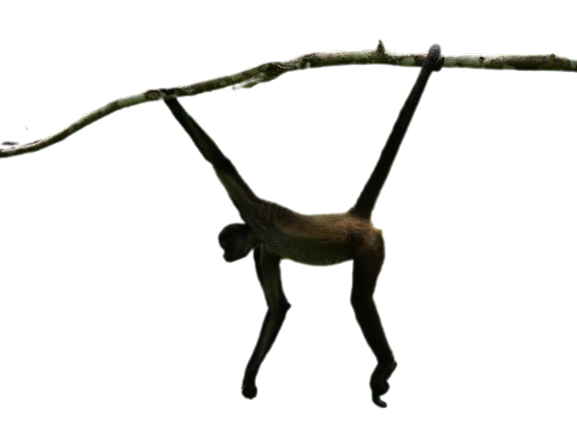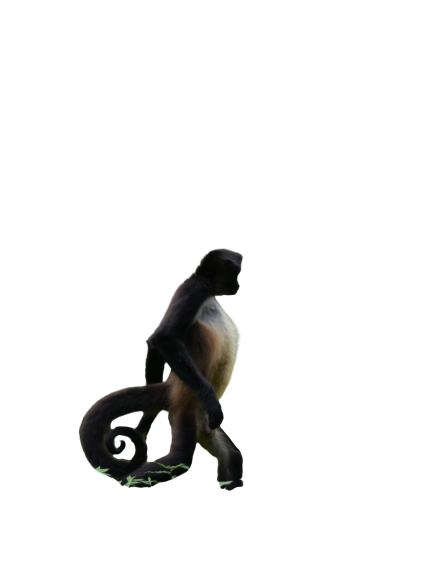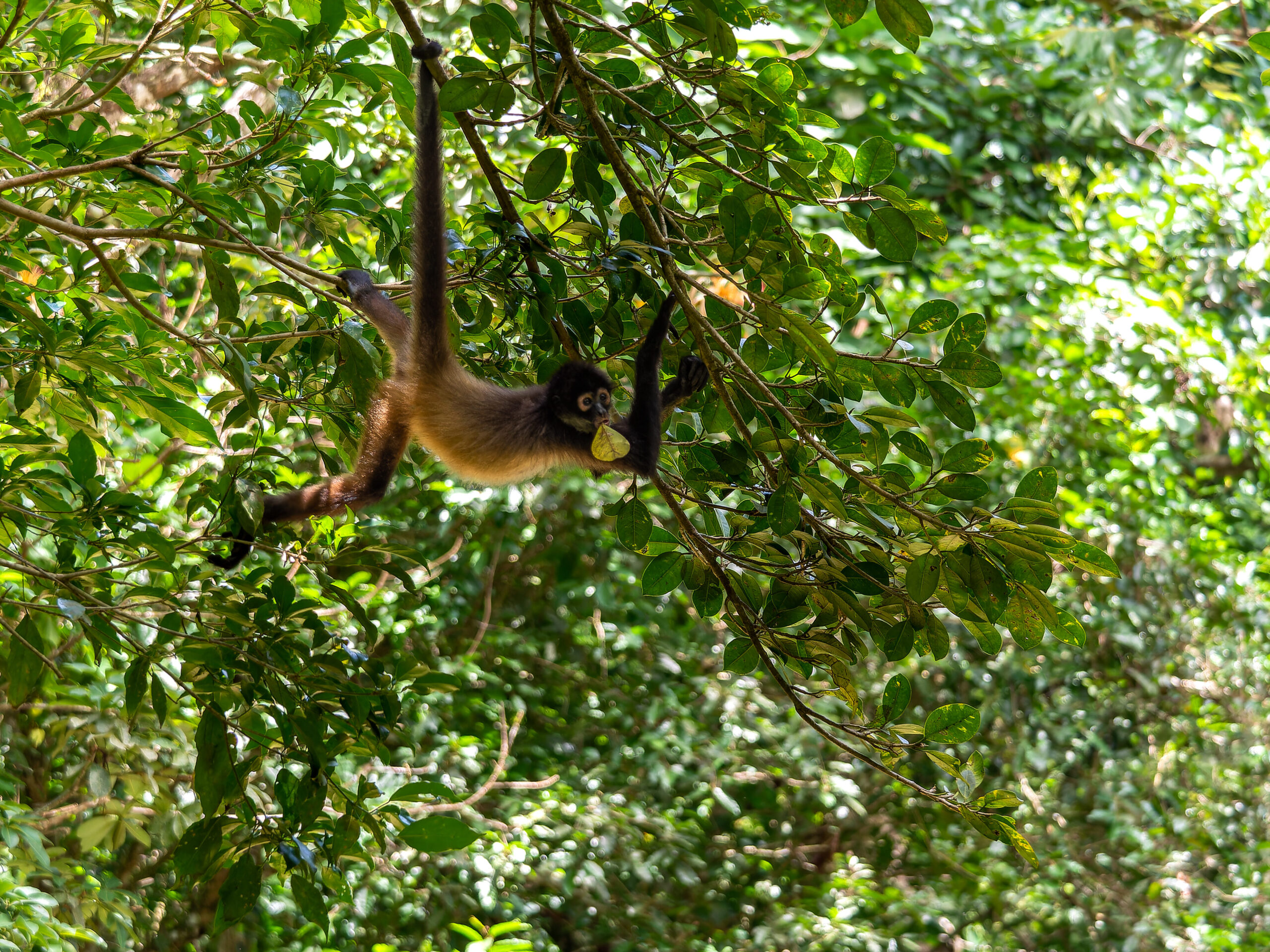The present study investigated visual reversal learning, visual learning-set formation, and long-term memory in spider monkeys.


The results highlight the presence of cognitive flexibility, efficient learning, positive transfer, and long-term memory retention in Ateles geoffroyi. They demonstrated cognitive flexibility through their success in the reversal learning task, adapting their behavior in response to changing contingencies. Evidence of positive transfer and learning strategies emerged from the significant decrease in the number of sessions required to master a novel problem in the learning-set formation. Finally, their performance in the long-term memory test revealed an ability to retain learned stimulus-reward associations over an extended period.
These cognitive abilities, crucial for navigating complex and dynamic environments such as the canopy, underline their adaptive capacities in contexts such as fruit foraging and complex social interaction within their fission-fusion societies. This study provides a foundation for a deeper exploration of spider monkeys’ cognitive capabilities and their evolutionary significance, aiding in understanding why this species exhibits high cognition.
